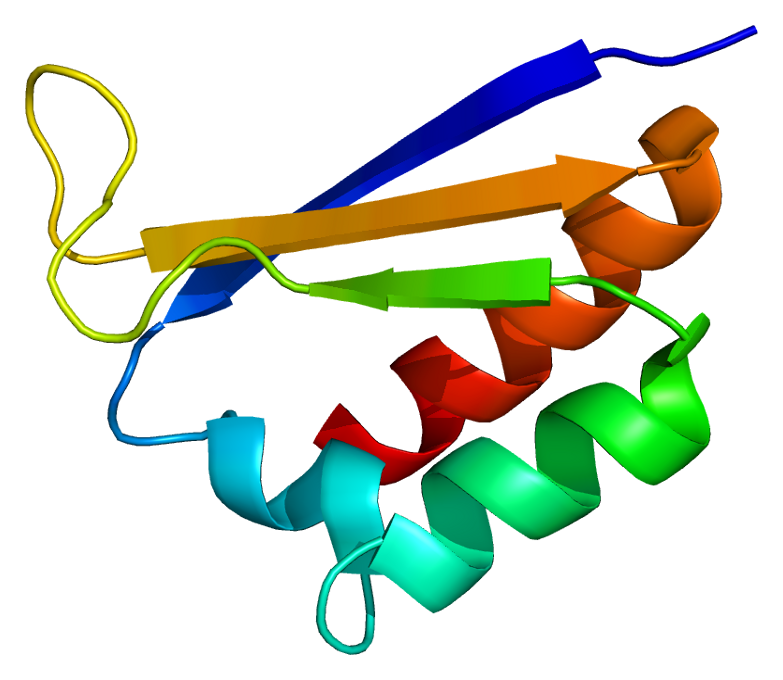Word-Finding Difficulty: A Key Indicator of Cognitive Decline

Recent findings from a collaborative study involving researchers from the University of Toronto and Baycrest Health Sciences have identified word-finding difficulty (WFD) as a significant early indicator of cognitive decline, including conditions such as Alzheimer's disease. This phenomenon, characterized by frustrating moments when individuals struggle to retrieve specific words despite knowing their meanings, may signal underlying issues within memory networks long before more visible symptoms appear.
Word-finding difficulty manifests as common hesitations in speech, often described as the “tip-of-the-tongue” experience. These moments are not merely trivial; they reflect deeper cognitive processes at play. According to Dr. Jennifer Smith, a cognitive neuroscientist at the University of Toronto, "WFD is intricately linked to the neural pathways affected by aging and neurodegenerative diseases. Our research suggests that the speed of speech production is a critical metric for assessing cognitive health."
The significance of WFD is underscored by its connection to overall cognitive vitality. The study, published in the journal *Aging, Neuropsychology, and Cognition* in March 2023, utilized a picture-word interference task to analyze the speech patterns of 125 volunteers aged 18 to 85. Participants were asked to identify images while being presented with overlapping words, revealing how competing semantic information can slow down verbal responses. This approach provided insights into the cognitive processes that govern language production.
Dr. Andrew Thompson, a linguistics expert at Baycrest Health Sciences, elaborated, "Our findings indicate that the speed at which individuals retrieve words is a more reliable indicator of cognitive function than previously believed. We found that slower speech production correlated with lower scores on executive function tests, suggesting that as cognitive health declines, so does the ability to speak fluently."
The research proposes three primary theories to explain WFD. The first, the processing speed theory, likens the aging brain to an old computer, where neural processing slows down, leading to delays in word retrieval. The second theory, known as the inhibition deficit hypothesis, posits that older adults may struggle to suppress irrelevant thoughts, thus complicating their ability to retrieve the correct terms. Lastly, the transmission deficit hypothesis suggests that aging weakens the connection between the conceptual understanding of a word and its phonetic realization.
In practical terms, clinicians are beginning to advocate for the inclusion of speech speed assessments in routine cognitive evaluations. Dr. Lisa Adams, a geriatrician at the World Health Organization, stated, "Incorporating these speech evaluations could revolutionize early detection practices. We must consider the cadence of everyday conversation as an essential metric for cognitive health."
While the study has generated considerable interest, it has also faced scrutiny. Critics argue that relying solely on speech speed may overlook other important cognitive factors. Dr. Michael Green, a psychologist at the National Institute of Aging, cautioned, "We must ensure a comprehensive approach to cognitive assessments that includes various dimensions, not just verbal fluency."
Looking forward, the implications of these findings are profound. As the population ages, early detection of cognitive decline becomes increasingly critical. The integration of speech analysis software could further enhance the ability to monitor cognitive health, potentially providing physicians with timely alerts when a patient's verbal tempo begins to change.
In conclusion, the study of word-finding difficulty presents a promising frontier in understanding cognitive decline. While further research is needed to validate these findings across diverse populations, the potential for early intervention is significant. Engaging in regular conversation, storytelling, and even learning new languages may help maintain cognitive function, emphasizing the importance of communication in promoting brain health as we age.
Advertisement
Tags
Advertisement





